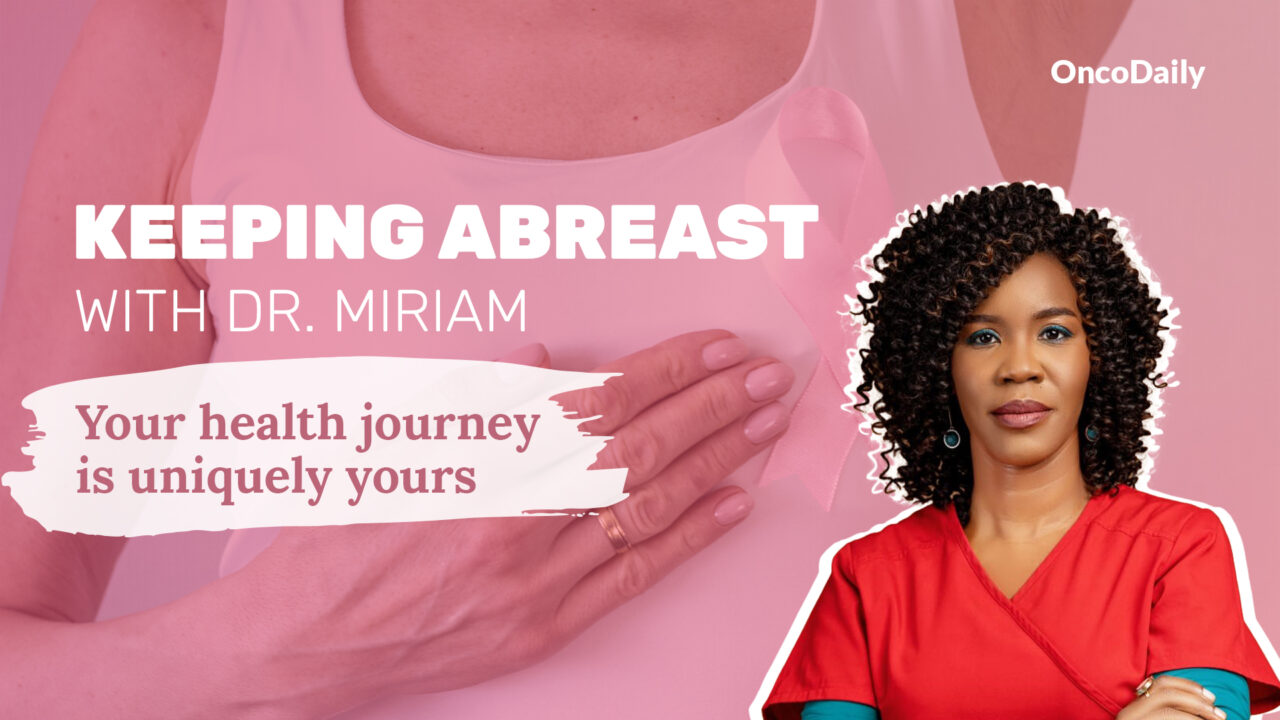Miriam Mutebi, Assistant Professor in the Department of Surgery at the Aga Khan University Hospital, posted on LinkedIn:
“While community is invaluable, particularly in navigating breast health, it can also be life-threatening.
We still encounter cases where patients come in for breast procedures, such as breast conservation surgery, only for family dynamics to complicate the process.
In one instance, elders arrived and declared, “We’ve decided as a clan,” implying they had already determined the appropriate treatment. A decision that went against the patient’s desire for breast conservation. Her voice was effectively silenced because the family was paying for the treatment, leaving her with no agency in her own healthcare decisions.
In another situation, children insisted their aging mother undergo chemotherapy without revealing her breast cancer diagnosis. They intended to protect her from stress, but shielding patients from the reality of their condition denies them the right to make informed decisions about their health.
Our sense of community is often our strength in African culture.
However, this strength can become maladaptive when ‘collectivism’, decisions made by the community override the patient’s agency, leading to outcomes that may not align with the patient’s needs or wishes.
This highlights the challenges breast cancer patients face when it comes to navigating health decisions within family dynamics.
In African culture, family involvement is often crucial in deciding when to schedule screenings or how to handle a diagnosis. However, there are challenges:
Overstepping Boundaries: Family members may offer unsolicited advice or push their own opinions about breast cancer treatment, leading to tension or overwhelming the patient.
Emotional Strain: The emotional burden of a loved one’s health journey can weigh heavily on the entire family, sometimes causing burnout.
Cultural Taboos: In some communities, discussing breast health is still considered taboo, making it difficult for family members to engage in open and supportive conversations.
So YES, family decision-making is important; even more, is striking a balance with professional guidance.
Remember, your health journey is uniquely yours. Integrate family support, but don’t hesitate to seek a second opinion if something doesn’t feel right. This will help us achieve better health outcomes and empower women to take charge of their health.”


